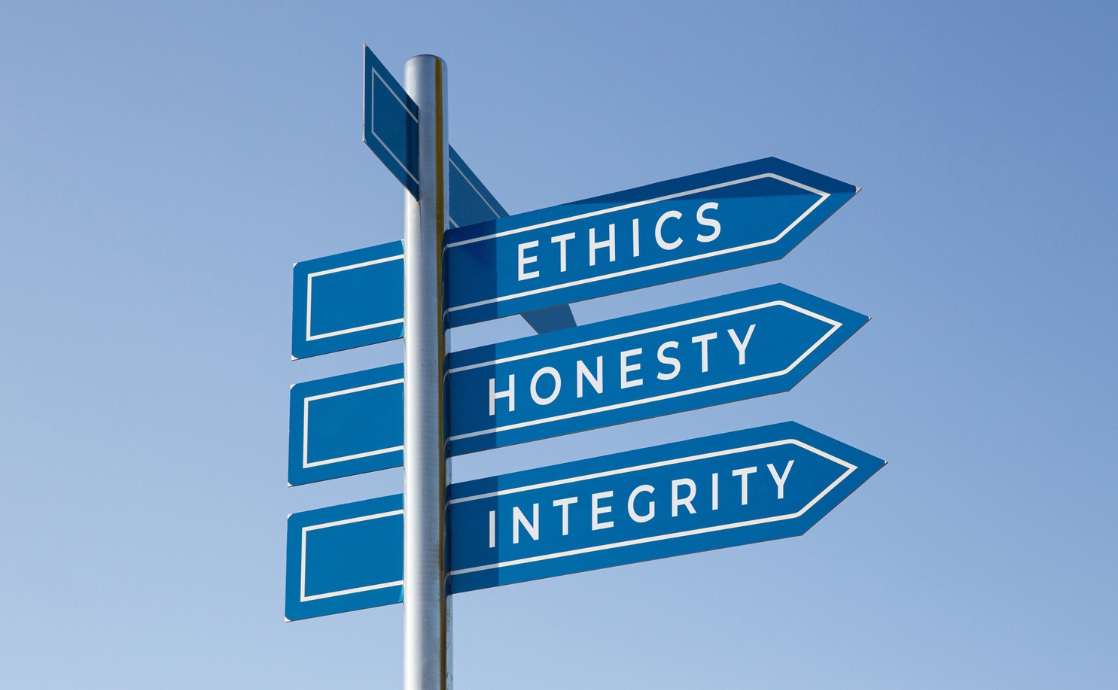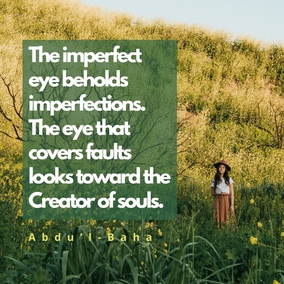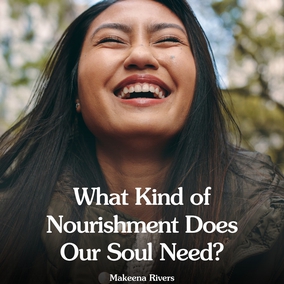The views expressed in our content reflect individual perspectives and do not represent the authoritative views of the Baha'i Faith.
What if businesses, in the now fully interdependent global marketplace, are becoming essentially spiritual enterprises? In Part 1 of this series of essays, we looked at the importance of the spiritual values of honesty, trust, and what the sociologist Frances Fukuyama calls spontaneous sociability in the marketplace of goods and services. Fukuyama directly relates social capital to the prevalence of trust in a society. He demonstrates that high-trust societies succeed at wealth creation; while low-trust societies demonstrate less ability to generate both social and material wealth. Low-trust societies, such as several countries in the Middle East, extend trust within, but little beyond, the family association. Strong economic relationships often exist only within the extended family, with relationships beyond that treated with distrust. This lack of wider trust serves as a brake on economic activity. High-trust societies such as the U.S., Japan and Europe develop multiple forms of association and ease of relationships beyond the family. These associations include civic clubs, fraternities, political parties, trade and professional associations, as well as religious and other community organizations. This ability to engage in trusting others, or “spontaneous sociability,” serves as the foundation of broader economic activity. This analysis of a high-trust society as a foundation of wealth presents a clear warning to cultures such as the United States in which the decline of sociability, the loss of trust, is rapid and visible. In 1928 Shoghi Effendi, the Guardian of the Baha’i Faith, wrote:
The permanence and stability achieved by any association, group or nation is a result of – and dependent upon – the soundness and worth of the principles upon which it bases the running of its affairs and the direction of its activities. The guiding principles of the Baha’is are: honesty, love, charity and trustworthiness; the setting of the common good above private interest; and the practice of godliness, virtue and moderation.Baha’is believe that trust and honesty build permanence and stability, in business as well as in all other institutions, as demonstrated in this quotation from Abdu’l-Baha:
Truthfulness is the foundation of all human virtues. Without truthfulness progress and success, in all the worlds of God, are impossible for any soul. When this holy attribute is established in man, all the divine qualities will also be acquired.Honesty, and the resulting trust, equal social capital. If you can imagine a highway or railroad system in a nation as representing an asset to the economy and country, as a form of capital; then imagine social capital as a transportation system between human beings in the society. Social capital is the highway of ideas, of trusting conversation, of intellectual discourse and the formation of relationships between individuals and organizations. RELATED: The Virtues Basket: How to Be Faithful In the knowledge economy we live in, social capital may be far more valuable an asset than any highway or railroad. This asset of social capital, built on trust, has just as much importance within a company as it does in society. Almost all companies today progress to the degree that they innovate. How does innovation happen? Does it come from one creative genius sitting in her office with lightbulbs illuminating over her head? Very rarely. Far more often innovation results from brainstorming, the open sharing of ideas without fear of judgment, theft, or ridicule. If I fear that you will take an idea that I share with you, and claim credit for yourself, I am much less likely to share that idea. But if I freely share an incomplete idea with you, you or someone else may add to that idea, change it slightly, or it could even trigger a completely different idea in your mind. This dynamic interchange represents the dance of creativity, where ideas germinate and innovation incubates. Distrust shuts down the process just as surely as a train wreck shuts down the railroad line. The cost to the company of shutting down the human dialogue may be greater than the material of cost of shutting down the supply chain traffic. That makes the spiritual principles of trust and honesty in the business environment enormously important, critical to the success of every new venture, and essential to the close working relationships that make our work successful.
















Comments
Sign in or create an account
Continue with Googleor